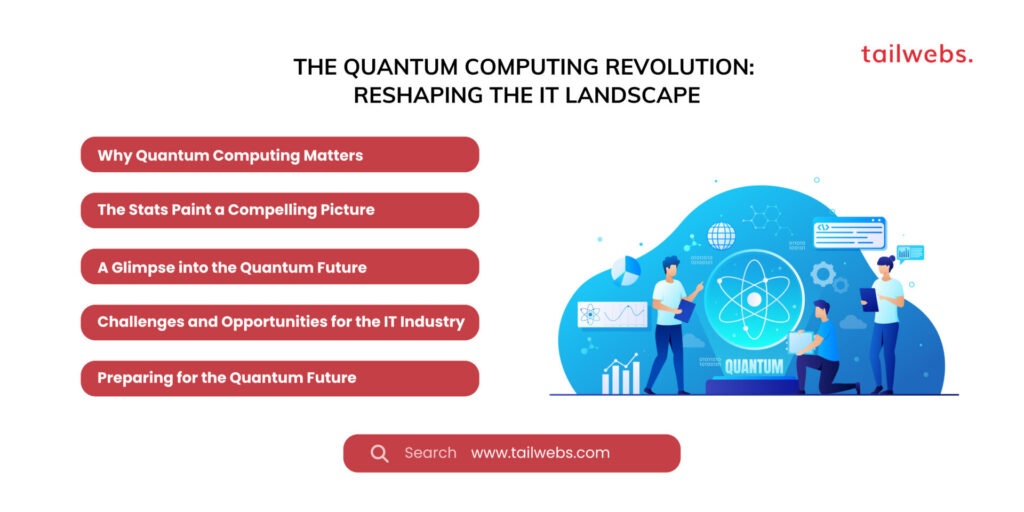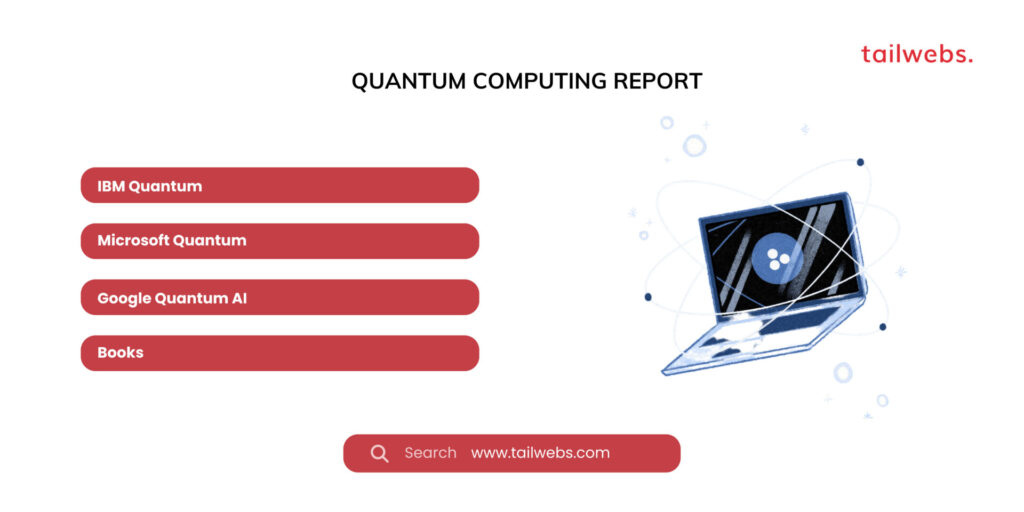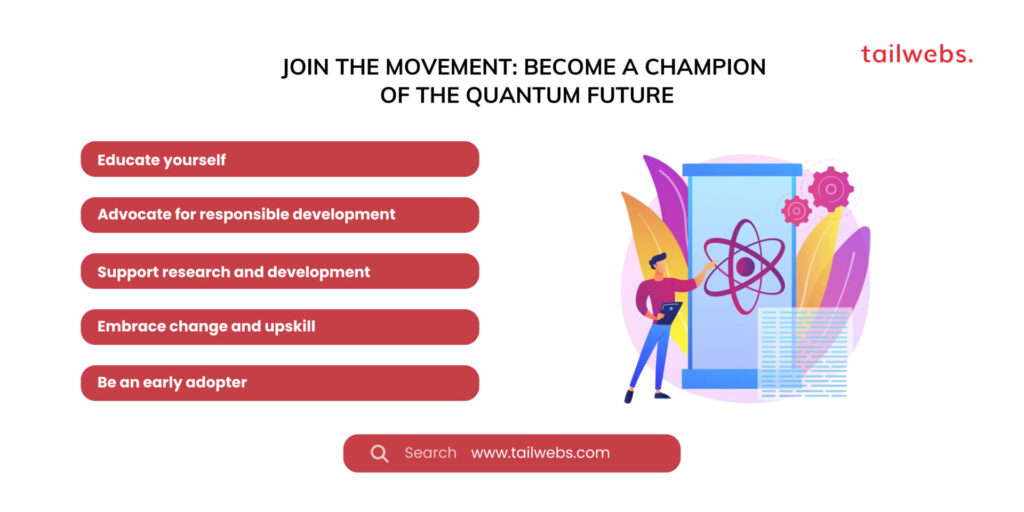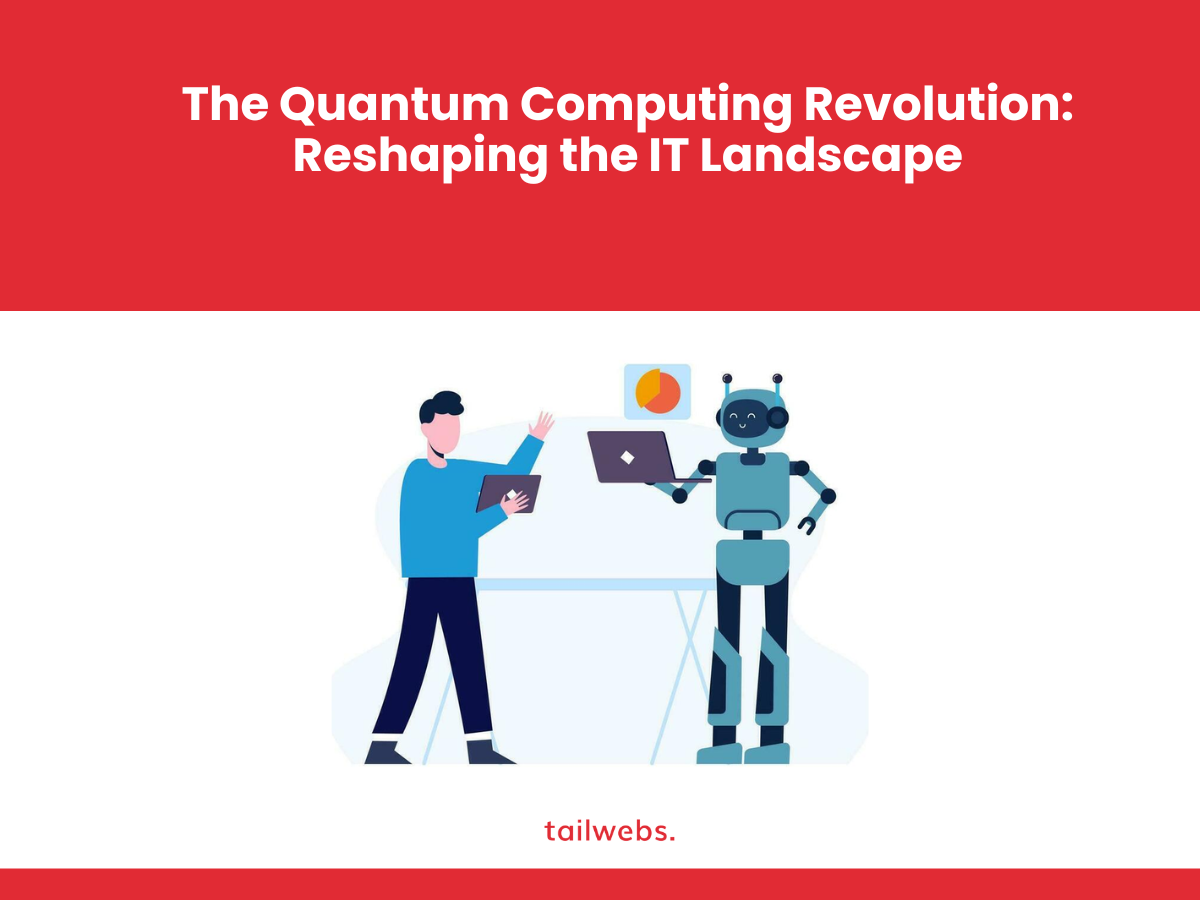The hum of transistors and the blink of LEDs are familiar sounds and sights in the world of IT. But beneath the surface of this familiar landscape, a revolution is brewing – the quantum computing revolution. This new frontier promises to rewrite the rules of computation, unlocking possibilities once relegated to the realm of science fiction.
Why Quantum Computing Matters:
Unprecedented Computational Power:
Quantum computers harness the principles of quantum mechanics to perform calculations far beyond the reach of even the most powerful classical computers. This potential opens doors to breakthroughs in fields like drug discovery, materials science, and financial modelling.
Solving Intractable Problems:
Quantum algorithms can tackle complex optimization and simulation problems that are computationally impossible for classical computers. This has implications for areas like logistics optimization, cybersecurity, and AI development.
Transforming Industries:
From pharmaceuticals to finance to materials science, quantum computing promises to revolutionise entire industries by enabling faster and more efficient solutions to long-standing challenges.
The Stats Paint a Compelling Picture:
The global quantum computing market is expected to reach $67.6 billion by 2027. (Statista, 2023)
82% of IT professionals believe quantum computing will have a significant impact on their industry within the next five years. (Accenture, 2023)
Quantum algorithms could lead to $1 trillion in economic benefits by 2030. (McKinsey & Company, 2023)
Solving certain problems with quantum computers could be 100 million times faster than with classical computers. (Microsoft Quantum, 2023)
A Glimpse into the Quantum Future:
Drug discovery:
Simulating complex molecules to design new drugs and therapies in a fraction of the time it takes currently.
Materials science:
Developing new materials with superior properties, like lighter and stronger aircraft materials.
Financial modelling:
Optimising investment portfolios and predicting market trends with greater accuracy.
Cybersecurity:
Cracking current encryption methods and creating new, quantum-resistant ones.
Artificial intelligence:
Accelerating the development of more powerful and efficient AI algorithms.
Challenges and Opportunities for the IT Industry:
While the potential is immense, the quantum computing journey is not without challenges:
Hardware limitations:
Building and maintaining stable quantum computers is a complex and expensive endeavour.
Software development:
Creating algorithms and applications specifically designed for quantum hardware is a new challenge for developers.
Talent gap:
Filling the need for skilled quantum computing professionals is crucial for realising the technology’s potential.
Ethical considerations:
Quantum computing raises new ethical concerns, such as the potential for breaking encryption and the implications for privacy and security.
Despite these challenges, the opportunities for the IT industry are significant:
New markets and opportunities:
Quantum computing will create new markets for hardware, software, and services, offering opportunities for innovation and growth.
Enhanced capabilities:
Existing IT solutions can be enhanced by integrating quantum computing, leading to improved efficiency and performance.
Transformative collaborations:
The development and application of quantum computing will require collaboration across industries and disciplines, fostering innovation and cross-pollination of ideas.
Preparing for the Quantum Future:
The IT industry must proactively prepare for the quantum computing revolution:
Investing in research and development:
Continued research and development are crucial for overcoming technical hurdles and accelerating quantum computing advancements.
Upskilling the workforce:
Providing training and education programs to equip IT professionals with the skills needed to develop and utilise quantum technologies.
Developing open standards and frameworks:
Establishing common standards and frameworks will facilitate collaboration and the development of a robust quantum ecosystem.
Addressing ethical concerns:
Open dialogue and collaboration among industry leaders, policymakers, and researchers are essential to develop responsible and ethical frameworks for quantum computing development and deployment.

Recommended Resources:
Quantum Computing Report: https://www.mckinsey.com/featured-insights/the-rise-of-quantum-computing
IBM Quantum: https://quantum.ibm.com/
Microsoft Quantum: https://azure.microsoft.com/en-us/solutions/quantum-computing
Google Quantum AI: https://quantumai.google/
Books: “Quantum Computing for Everyone” by Chris Bernhardt, “Quantum Computing: A Beginner’s Guide” by Michael Nielsen and Isaac Chuang, “The Quantum Revolution: Quantum Computing and the Future of Everything” by Jim Baggott
The quantum computing revolution is not just a technological shift; it’s a paradigm change with the potential to reshape the IT landscape and our world as we know it. By embracing the challenges, seizing the opportunities, and prioritising responsible development, the IT industry can play a pivotal role in shaping a future where quantum computing empowers innovation, unlocks unparalleled breakthroughs, and propels us into a new era of technological advancement.

Imagine a world where:
Drugs are designed in hours, not years, accelerating the fight against disease.
New materials revolutionise industries, from space travel to energy production.
Financial markets operate with unmatched precision, minimising risk and maximising prosperity.
Cybersecurity is redefined, with unbreakable encryption shielding our data and infrastructure.
AI soars to new heights, powered by quantum algorithms that unlock the secrets of the universe.
This is not the stuff of science fiction; it’s the possible future of a world powered by quantum computing. The IT industry stands at the crossroads of this revolution, holding the keys to unlocking its potential. By embracing collaboration, innovation, and ethical foresight we can build a future where quantum computing benefits all, ensuring it becomes a force for good and a catalyst for a brighter, more sustainable, and profoundly transformative tomorrow.
Join the Movement: Become a Champion of the Quantum Future
The quantum computing revolution needs active participants, not just bystanders. Whether you’re an IT professional, a business leader, a policymaker, or simply a concerned citizen, you can play a role in shaping its trajectory:
Educate yourself:
Stay informed about the latest advancements in quantum computing, its potential, and its challenges.
Advocate for responsible development:
Engage in discussions about the ethical implications of quantum computing and urge your leaders to prioritise ethical frameworks.
Support research and development:
Encourage and incentivize further research and development efforts to bridge the existing technological gap.
Embrace change and upskill:
Prepare yourself for the changing landscape by acquiring new skills and knowledge relevant to the quantum age.
Be an early adopter:
Explore the possibilities of integrating quantum computing into your business or field to pioneer new avenues of innovation.
By contributing your voice, expertise, and commitment, we can collectively navigate the quantum frontier responsibly and ensure this transformative technology unlocks a future of shared prosperity and progress for all. Remember, the quantum revolution is not a spectator sport; it’s a collective endeavour that requires all of us to actively participate in shaping its course.





